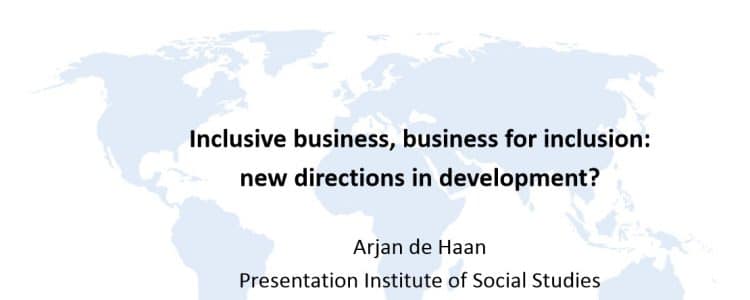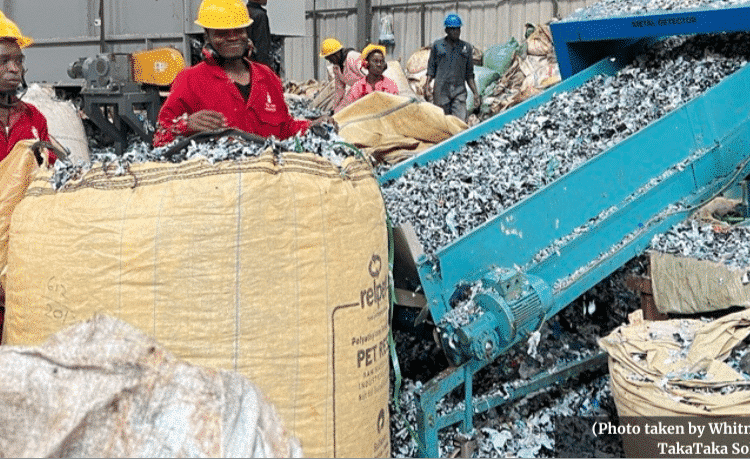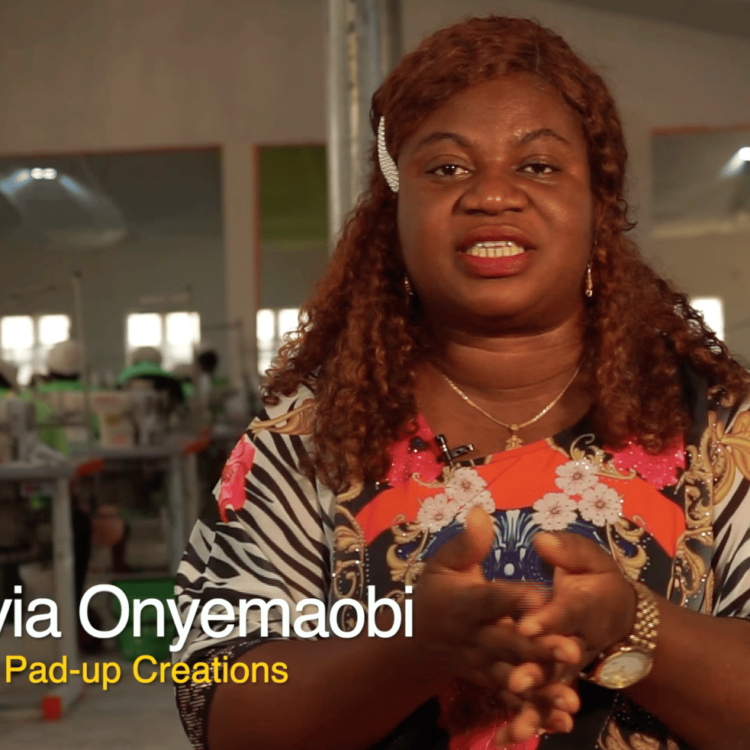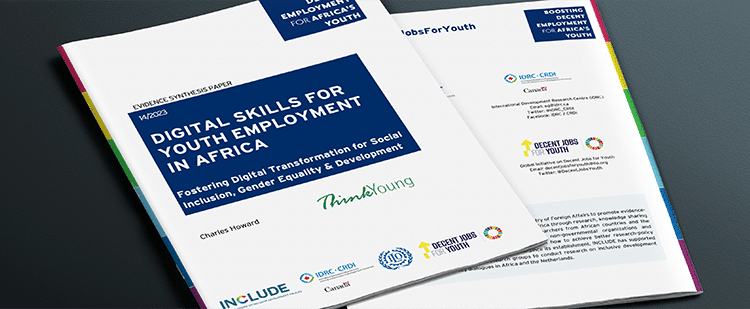
On 21 April, Arjan de Haan gave a lecture entitled “Inclusive business, business for inclusion: new directions in development?” as part of the INCLUDE Development Research Seminar, hosted by the Institute for Social Studies in The Hague.
In his lecture, de Haan discussed the consequences of changing patterns of finance and business in international development. This ‘new aid paradigm’ consists of a new balance of public and private actors active in development, with an increasing role for the private sector in developing countries.
De Haan acknowledges the positive impact of this changing pattern through discussing ‘shared value’-approaches. The increased presence of the private sectors allows the incorporation of issues as poverty and inequality in business practices. This goes beyond conventional Corporate Social Responsibility business models in recognizing the intersection between societal development and business performance.
However, several challenges remain in the implementation of these inclusive business models. First of all, a better understanding is needed of how commercial and social and environmental incentives can be combined. Which measurements are used for evaluating the success of inclusive businesses and who will be responsible for this assessment? And of high importance is the question how inclusive the results are: do the poorest countries and people benefit?
Lecture slides can be downloaded here.
The lecture was built on the findings he presented in his paper “Inclusive business, business for inclusion: new directions in development?”. This paper is accessible via ResearchGate.
An interview with Arjan de Haan about inclusive business can be viewed here.




